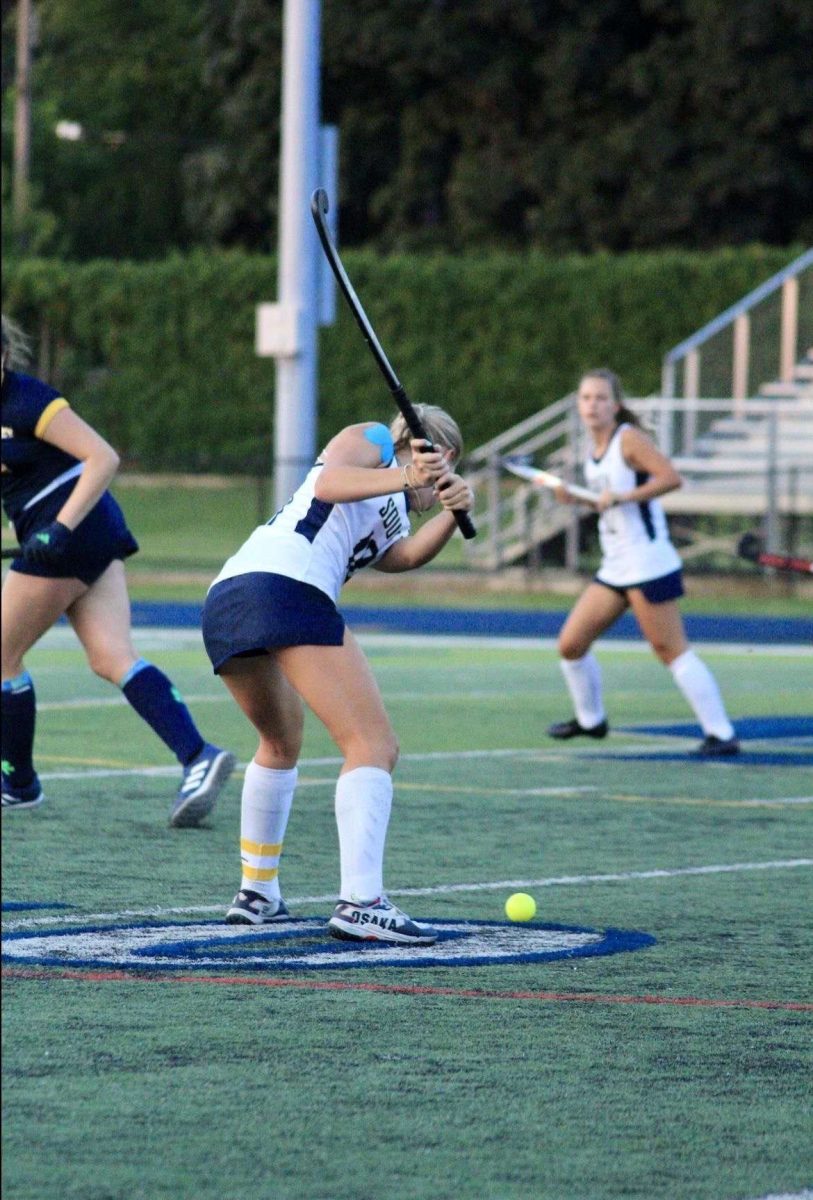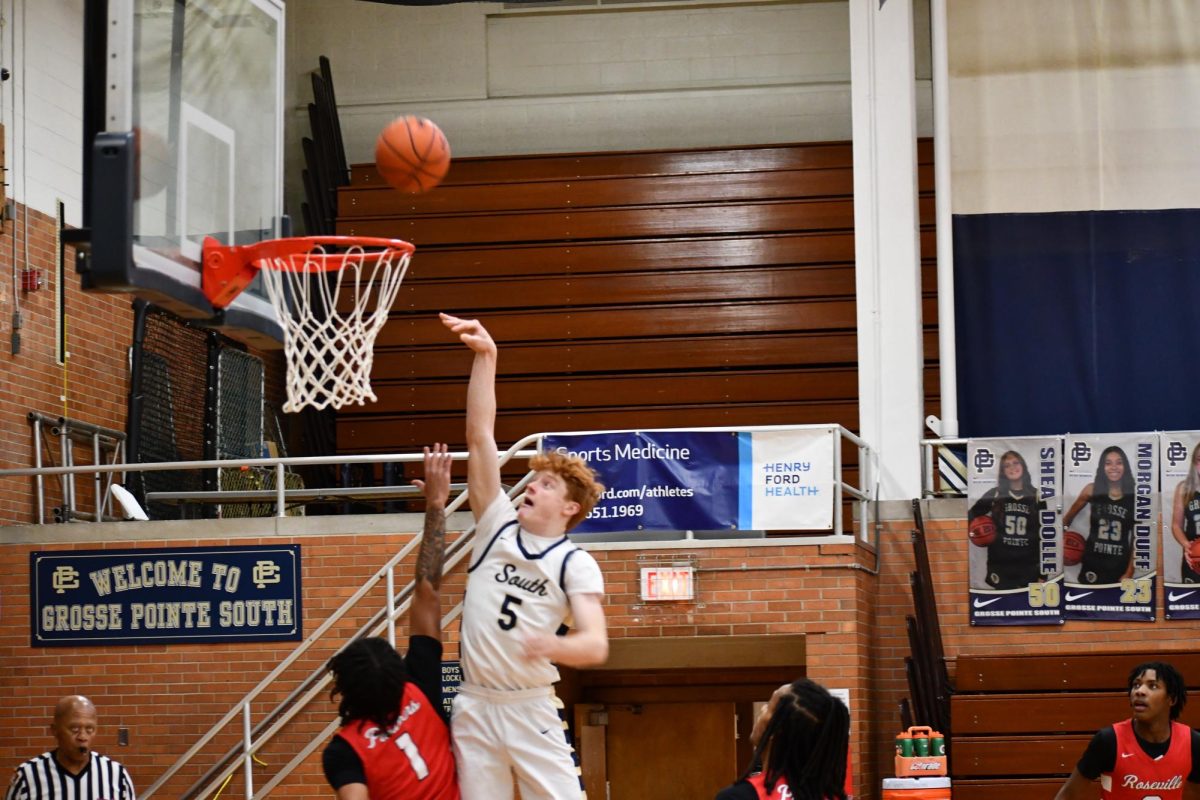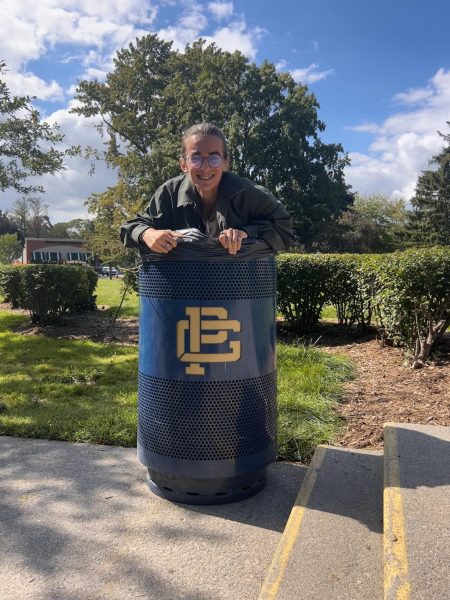“A tradition of excellence,” this phrase rings through the halls of Grosse Pointe South every day. We at The Tower wonder who decides what that excellence looks like in a class schedule. Is it students taking seven advanced placement (AP) classes to boost their transcript? Or is following a curriculum path for something a student has a passion for? And is there a right answer? Taking the excellence beyond South’s walls often translates to highly rated universities and colleges, many of which require high levels of success in difficult classes to gain admission. With this in mind, many students find themselves stuck between taking the hard classes and taking the classes they will find the most joy in.
At The Tower, we believe there is a balance between the two options. Even though you may not have a passion for them, it is well understood that hard classes still are needed to get into more competitive universities, if that is your goal—but that doesn’t mean they have to be boring.
While students have the opportunity to take hard classes, it is a good checkpoint to see if a rigorous course schedule is the right fit for them. Even if they aren’t honors or AP classes, it is crucial to succeed in all of your courses. South does offer some potential advantages for students who choose to pursue hard classes such as a weighted GPA for AP classes, but no matter what classes students are in we believe that it is essential to keep getting A’s and B’s in all classes.
Just because the classes are difficult, however, doesn’t mean that they have to be boring. We at The Tower believe that you should pursue your interests, which means taking honors and AP classes in subjects you are interested in. If a student is super interested in organelles and cellular respiration, they should take honors and AP Biology. If drawing and sculpting are more their speed, then AP Drawing or AP 3-D Art and Design would be perfect. While those classes aren’t a cakewalk, they offer a challenge that will hopefully stimulate students’ interest far further than taking a statistics class they don’t care about. It’s all about balance—find a way to involve your interests in the classes you take.
While they might not always be the most fun classes, colleges still look for rigorous schedules. According to the College Board website, most colleges look for three to four years of core classes (math, english, science and social studies) as well as at least two years of foreign languages. While precalculus or physics may not be someone’s specialty, colleges still want to see that the students they admit take on their weaknesses and try to excel. While at times they might not be the most enjoyable, bearing the brunt will usually pay off in the long run when the college acceptance letters roll in senior year.
To be clear, you should tailor your classes to your interests and your desired colleges. If you’re shooting for super prestigious schools such as Harvard or Yale, taking very rigorous classes will be necessary to get in, alongside tons of high-level extracurriculars and basically curing cancer. If you strive for prestige, your day will be peppered with hard AP and honors courses to match what those colleges look for. If getting in somewhere competitive doesn’t interest you, you shouldn’t feel pressured to take on the toughest classes at South just to get in. That doesn’t mean to coast for the entirety of high school, but it does mean you don’t have to go pedal to the metal for four years.
We at The Tower believe that finding your passion can help mold your school schedule each year. A key part of this discovery is also determining where you’d like to place the most of your efforts, working for your future or expanding on skills during high school. This determination gives way for students to take the classes that they feel will set them up for success the best.












































































